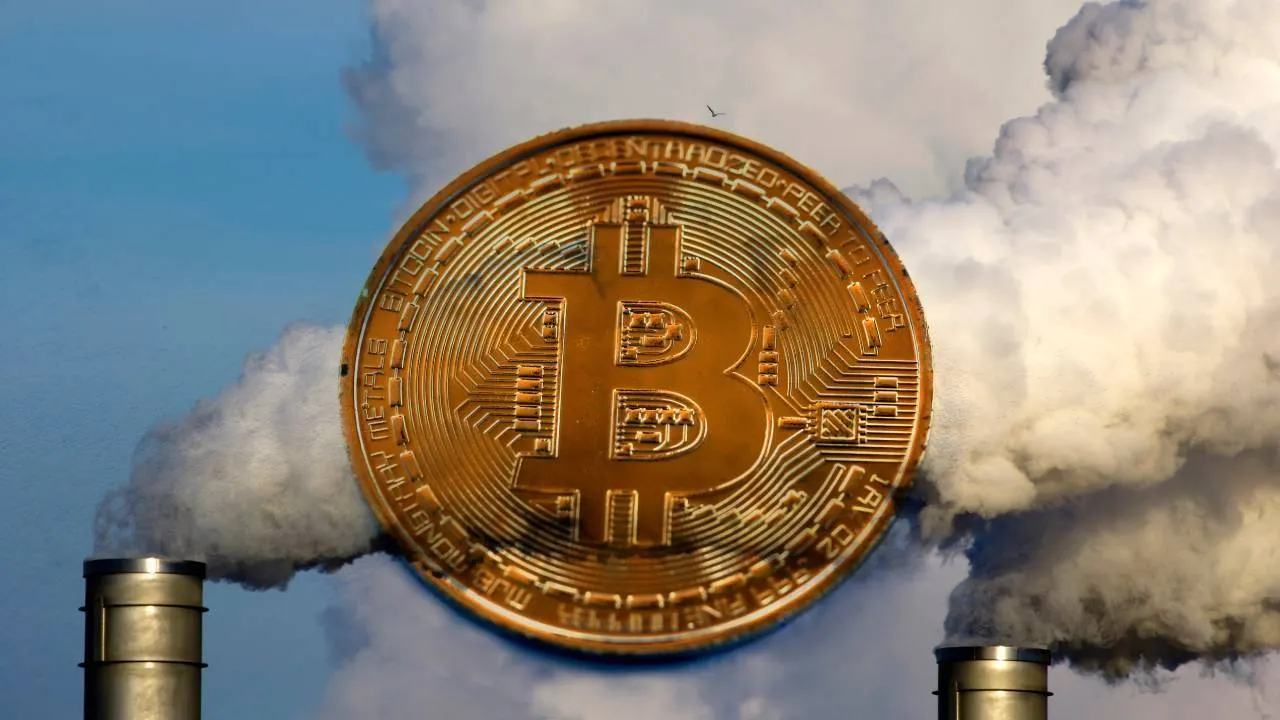A recent study has unveiled the significant environmental and public health impacts of Bitcoin mining in the United States. Conducted by researchers at Harvard’s T.H. Chan School of Public Health, the study estimates that approximately 1.9 million Americans were exposed to elevated levels of fine particulate matter (PM2.5) due to emissions associated with Bitcoin mining operations between August 2022 and July 2023.

Key Findings
-
Electricity Consumption:
The study analyzed 34 of the largest Bitcoin mining facilities in the U.S., which collectively consumed 32.3 terawatt-hours of electricity during the study period—surpassing the annual electricity usage of Los Angeles. Notably, 85% of this energy consumption was sourced from fossil fuels. -
Health Impacts:
The combustion of fossil fuels for electricity generation releases PM2.5, a pollutant linked to respiratory and cardiovascular diseases. The study found that individuals in regions such as New York City, the Houston/Austin metropolitan area, northeast Texas, and areas along the Illinois-Kentucky border experienced the highest increases in PM2.5 concentrations attributable to Bitcoin mining. -
Cross-State Pollution:
The research highlighted instances where emissions from power plants in one state, supplying electricity to Bitcoin mines in another, led to increased pollution in a third state. For example, residents in Metropolis, Illinois, were exposed to higher PM2.5 levels due to emissions from a Kentucky power plant supplying a Bitcoin mine in North Carolina.
Regulatory Challenges
The study underscores the complexities of regulating cross-state pollution. Since emissions can affect regions far from their source, state-level regulations may be insufficient. The researchers advocate for federal interventions, such as the Environmental Protection Agency enforcing a “Good Neighbor” rule to ensure states mitigate the impact of their emissions on neighboring states.
Industry Response
While the study has raised concerns, some energy experts have critiqued its methodology, suggesting that the findings may overstate the health impacts of Bitcoin mining. Nonetheless, the research has intensified discussions about the environmental footprint of cryptocurrency mining and the need for sustainable practices.

